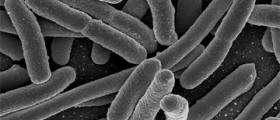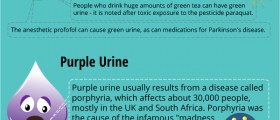Loading...
Loading...
Hello.
E. coli infection in a dog's sinus cavity is quite uncommon and might be secondary to another underlying issue. The presence of bacteria like E. coli could suggest a compromised immune system or a physical issue that has allowed the bacteria to infiltrate and colonize an area they normally wouldn't.
Antibiotics are typically the first line of treatment for bacterial infections like this. However, it may also be important to identify and treat any underlying issues that led to the infection in the first place.
If your dog is having significant trouble breathing at night, it could be due to inflammation and congestion caused by the infection. Here are some possible solutions that can potentially help your dog:
-
Humidifier: Running a humidifier in the room where your dog sleeps can help to keep his nasal passages moist and promote better breathing.
-
Warm compress: A warm compress applied to the sinus area (carefully, so as not to burn your dog) might help to reduce congestion and inflammation.
-
Hydration: Ensuring your dog stays well hydrated can also help with congestion.
-
Raised sleeping area: Some dogs with breathing issues find relief when their upper body is elevated, so a raised bed or pillow might help.
Please note that these are only supportive measures and may not necessarily solve the underlying problem. It's also important to have ongoing communication with your veterinarian and to follow their instructions regarding medication and follow-up visits.
As for whether other dogs have had this issue, it's hard to say without more information. E. coli is a common bacteria but it's unusual for it to cause a sinus infection in dogs. This could indicate a unique issue with your dog's health or circumstances, and it would be best addressed by a veterinary professional. They may have seen similar cases or can consult with their colleagues or a veterinary database to get more information.
